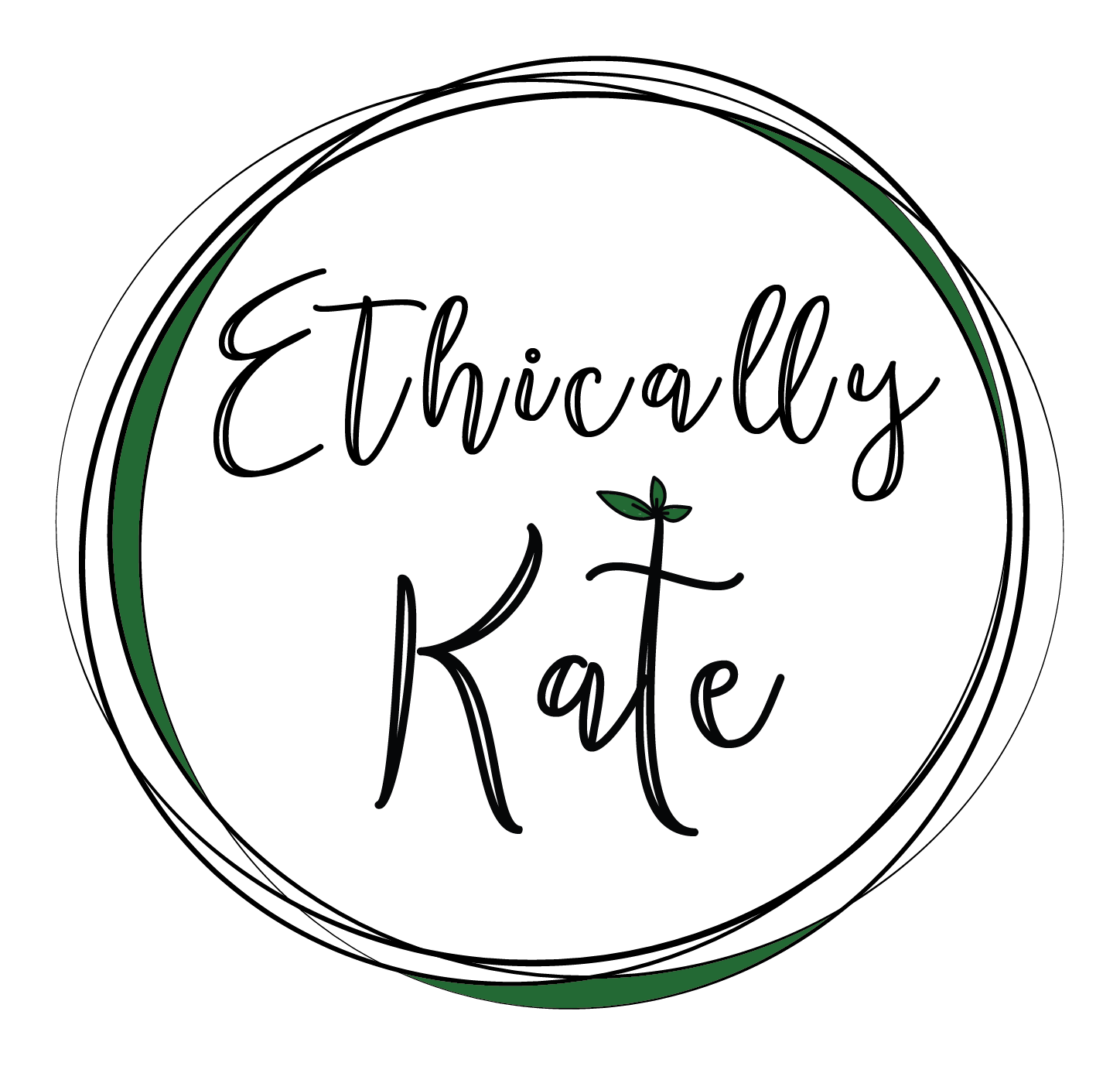Travelling Sustainably With Love Wānaka: 5 Tips For Your Best Eco Trip
Travelling sustainably isn’t the oxymoron you think it is. In fact, I believe travelling is one of the most sustainable things we can do! Venturing out of our home towns exposes us to new cultures and ways of doing things, deepens a sense of connection to our environment, and when done thoughtfully, travel boosts local economies by supporting small businesses and ethical tourism operators.
Wānaka is a stunning destination and in my experience one of the easiest places to travel light in Aotearoa New Zealand (thanks to Love Wānaka). Here are five simple tips for sustainable travel in Wānaka and beyond.
1. Pack Light & Smart
Less baggage means fewer emissions and an easier trip. Choose multi-purpose clothing and reusable essentials like a water bottle, coffee cup, beeswax wraps, and a tote bag. My personal favourite that is often overlooked is the classic hanky. A hanky is great for blowing your nose, grabbing a brownie to go, drying your hands, and washing your face. Its purposes are endless and you end up producing a lot less waste!
If you do forget to bring something on your trip or the weather isn’t what you packed for, head to a thrift store and ditch the malls. Wānaka is flush with amazing second hand shops; Wastebusters is my personal favourite. It’s a treasure trove of second hand goodies and an amazing place to spend time and meet some lovely local staff members.
2. Eat Sustainably
When dining out, support restaurants and cafés that use local, seasonal ingredients in their meals. In Wānaka, it’s easy to find sustainable restaurants and many of the cafes are single-use cup free thanks to the hard work of SUCFree Wānaka! Big Fig (my favourite eatery in Aotearoa New Zealand), Federal Diner, and Dripping Bowl are must eats.
Freshlink was our favourite low waste grocery store in Wānaka. They encourage people to bring their own containers to refill from their food bins and they have a huge range of locally grown produce, drinks, ethically sourced meat, and other essentials.
3. Rest with Purpose
Where you stay makes a big difference to the impact of your travel; perhaps the biggest. Eco-conscious accommodation like Edgewater ensures you’re immersed in nature, instead of stuck inside a stuffy hotel, and you can trust they prioritise things like supporting local suppliers and ditching single-use coffee cups on their premises.
If the place you stay at doesn’t have a place for you to responsibly dispose of your organic waste, hunt for local community gardens. Grow Wānaka was a great example of an easy drop off point for travellers to dispose of their organic waste so that it can be turned into soil and used on their community gardens.
4. Give Back
I might be biased because I love getting my hands in the dirt, but joining a local conservation project when travelling is the ultimate way to spend travel time. After joining a group of locals who were weeding around the native plants they had planted months ago (“tree releasing” is the term) I felt so much more connected to Wānaka even though we were only there a few days; less of an observer and more of a participant. It’s a cost effective way to enjoy a place too.
Join a local project through Love Wānaka, whether it’s tree planting, weaving workshops, or lake clean-ups. Even a small contribution of your time helps keep the region thriving.
5. Travel Light, Travel Slow
Hooning around Wānaka on ebikes from Racers Edge was a highlight of our final day there. Walking the tracks was lovely (there are so many in Wānaka) but the ebikes made sight seeing more accessible and fun. Ebiking is a great way to see a lot in a day without getting too exhausted and reducing your carbon footprint by leaving the car!
So next time you decide to explore another part of Aotearoa New Zealand, consider popping to Wānaka and testing out your new sustainable travel wisdom. You won’t regret it!
Love Wānaka is your hub for sustainable travel tips, local volunteer experiences, and opportunities to give back to the environment at the heart of this region.
Note: This blog post was kindly sponsored by Love Wānaka.













